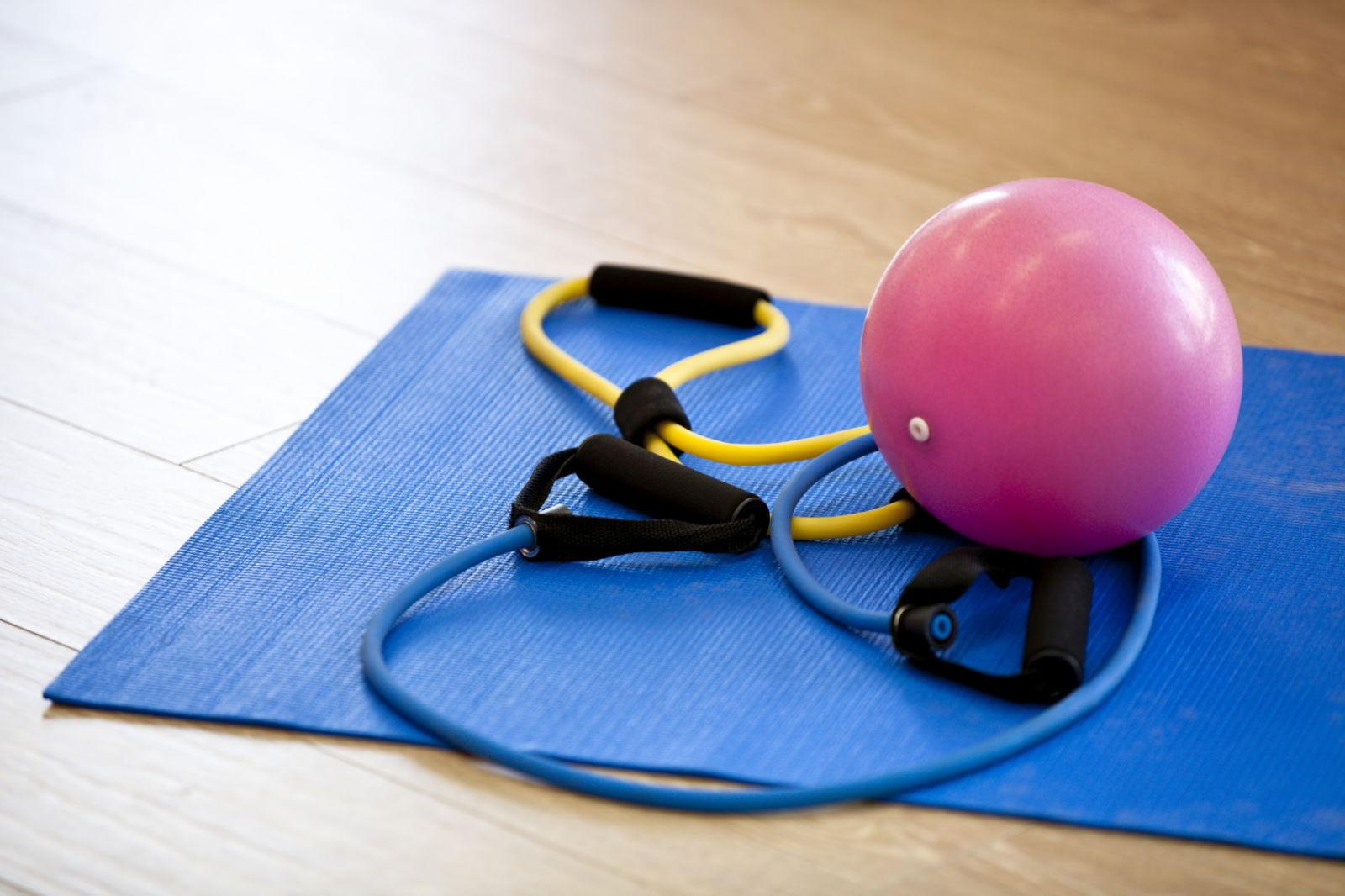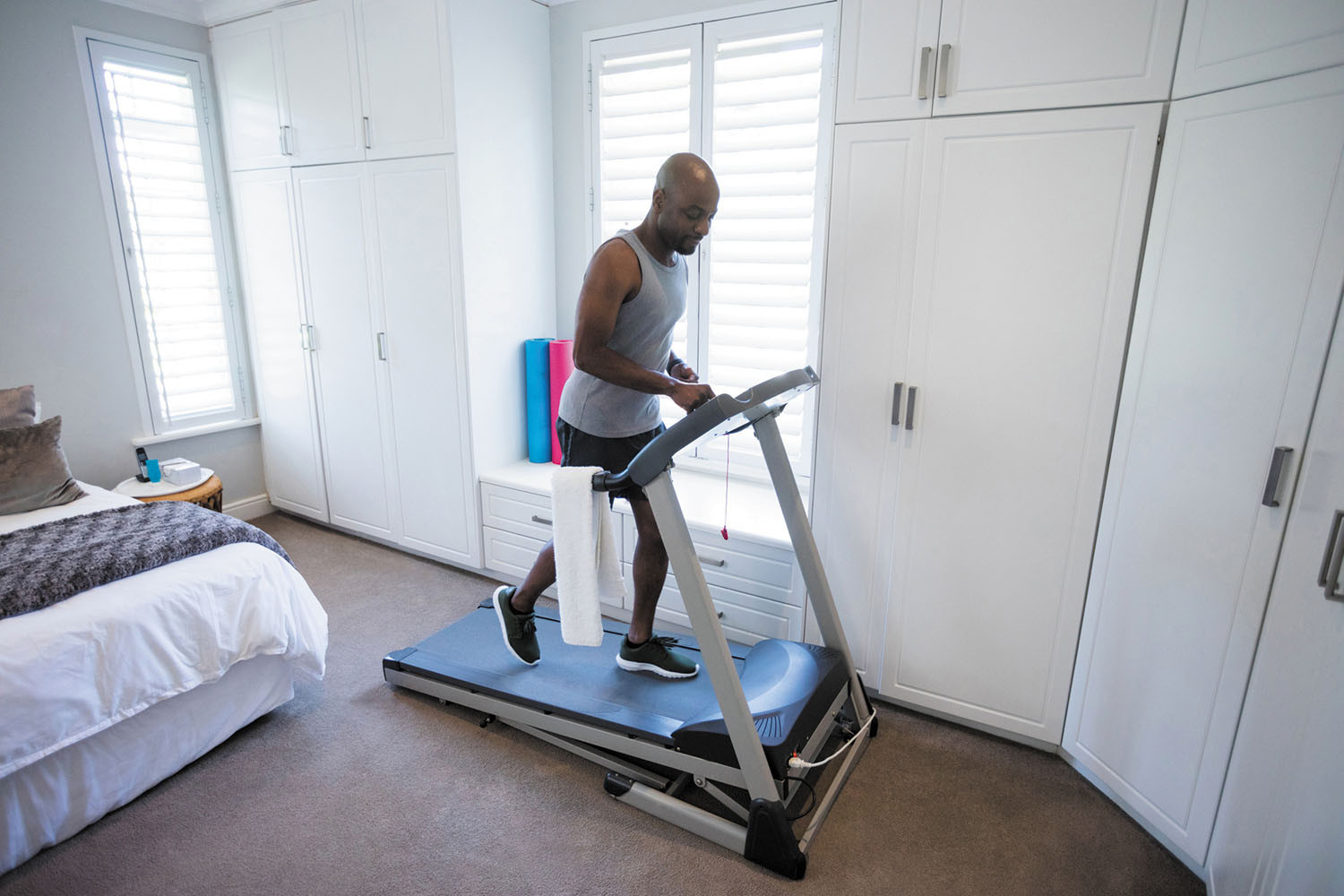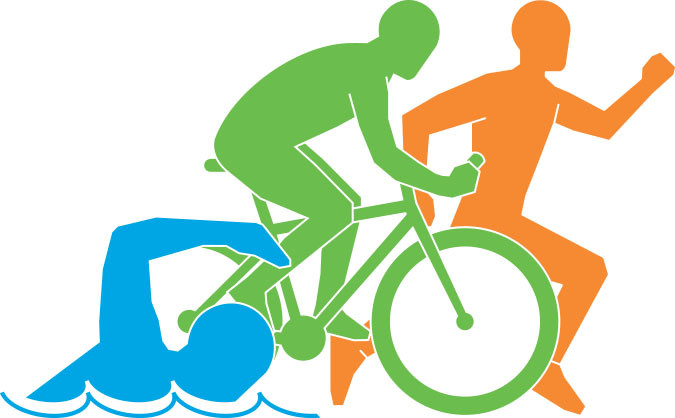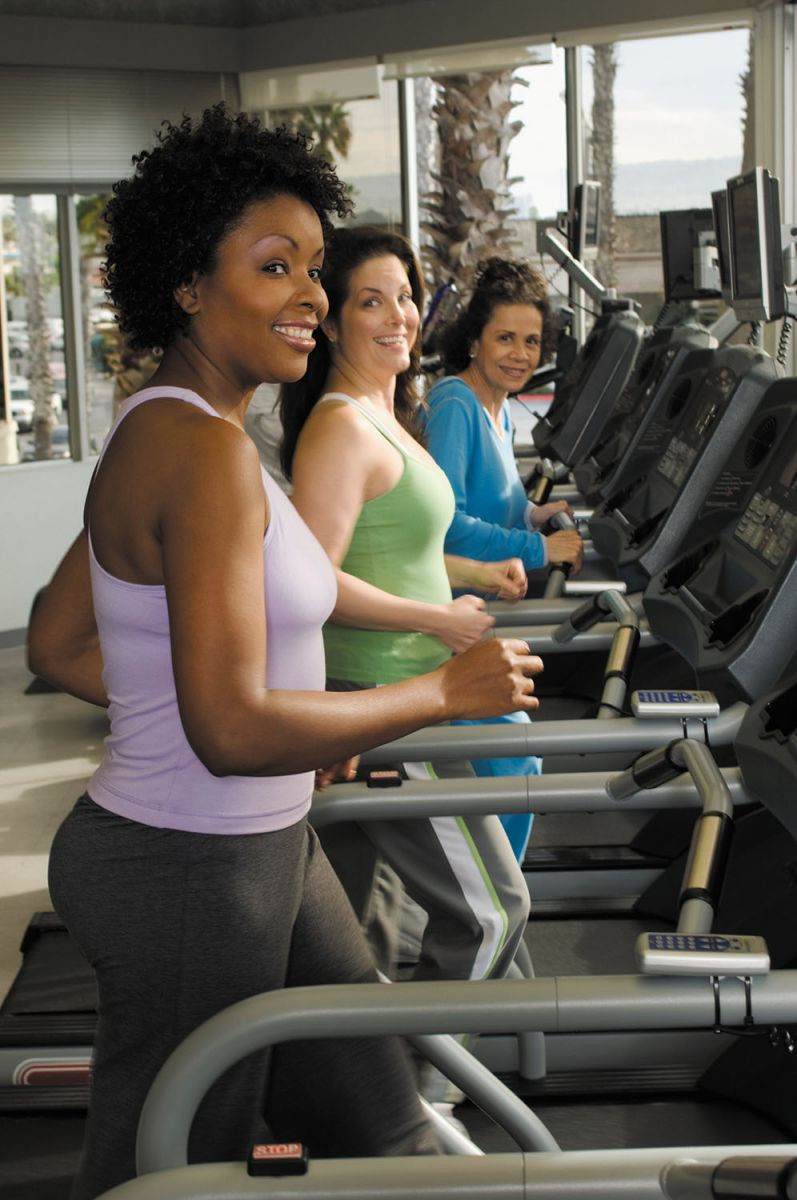
5 timeless habits for better health

What are the symptoms of prostate cancer?

Is your breakfast cereal healthy?

When pain signals an emergency: Symptoms you should never ignore

Does exercise give you energy?

Acupuncture for pain relief: How it works and what to expect

How to avoid jet lag: Tips for staying alert when you travel

Biofeedback therapy: How it works and how it can help relieve pain

Best vitamins and minerals for energy

Should you take probiotics with antibiotics?
Exercise & Fitness Archive
Articles
Use everyday habits to keep your memory in good shape
Your daily habits and lifestyle — what you eat and drink, whether you exercise, how stressed you are, and more — affect your mental health every bit as much as your physical health. A growing body of research indicates that regular exercise and a healthful diet can help protect your memory from aging-related decline.
Exercise
Physical fitness and mental fitness go together. People who exercise regularly tend to stay mentally sharp into their 70s, 80s, and beyond. Although the precise "dose" of exercise isn't known, research suggests that the exercise should be moderate to vigorous and regular. Examples of moderate exercise include brisk walking, stationary bicycling, water aerobics, and competitive table tennis. Vigorous activities include jogging, high-impact aerobic dancing, square dancing, and tennis.
The right stuff: These simple items can help you strengthen your core
You needn't spend a cent on fancy equipment to get a good core workout. Many core exercises rely on your body weight alone. But with the help of some simple equipment, you can diversify and ramp up your workouts.
The following items can help you put a new twist on your core exercises. Most of them can already be found around your house or are available at low cost from a sporting goods store.
Is your diet sabotaging your mobility?
You might be surprised to learn that what you eat affects your ability to move.
- The nutrients in the food you eat help your body build bone, power muscle, repair and replace tissues, and keep your brain active and your heart pumping.
- Your diet also influences your chances of developing chronic diseases such as type 2 diabetes, heart disease, and osteoporosis — all of which can compromise your well-being and hinder your ability to live an active and independent life.
- Eating the right foods is important, but so are how much you eat and how well you balance the calories you take in with those you burn off. Simply being overweight can make it more difficult to move easily in your day-to-day activities.
Keys to healthy eating
There is no shortage of diet books and healthy eating plans that claim to help you slim down and live a longer and healthier life. But healthy eating is surprisingly simple.
3 New Year’s resolutions all families can (and should) make
New Year’s resolutions aren’t just for grownups. Taking small steps toward a healthier, more connected life as a family can be fun and help lay the foundation for a lifetime of wellness.
What to look for in a home treadmill
Find one with a comfortable deck, a strong motor, and features you'll really use.
Image: © Wavebreakmedia/Thinkstock
If you believe that regular walking, jogging, or running provides enormous health benefits — as you know we do — there are two good reasons to consider a home treadmill, according to Dr. Aaron Baggish, associate director of the Cardiovascular Performance Program at Harvard-affiliated Massachusetts General Hospital. First, exercise outdoors can be challenging and even dangerous in bad weather. Second, if the inconvenience and time required to go to a mall or indoor track keeps you from exercising, being able to do it at home makes it much easier. If you have any balance, heart, or lung problems, make sure your doctor clears you for a home treadmill.
Treadmill shopping
Dr. Baggish recommends avoiding nonmotorized treadmills and opting for a motorized model. "You can get a good starter model for about $1,000, but it's easy to exceed that if you want all the bells and whistles," Dr. Baggish says. Before you make the investment, do a little homework first.
Another reason to start walking more
News briefs
Image: © Halfpoint/Thinkstock
Health guidelines advise all of us to spend at least two-and-a-half hours per week in moderate-intensity activity. For many people, that means walking, which requires no special equipment or training. But even if you can't rack up those 150 minutes, establishing a regular walking routine might extend your life, suggests a study published online Oct. 19, 2017, by the American Journal of Preventive Medicine.
Researchers looked at data on nearly 140,000 adults (average age about 70) who answered questionnaires about their exercise habits over 13 years. People who were inactive were 26% more likely to die during the study period compared with people who did some walking (up to two hours per week) as their only form of activity. And people who walked more — at least two hours per week — lowered their risk even more. The study is observational and doesn't prove that walking kept people alive longer during the study. However, we know that walking is associated with a lower risk for developing high blood pressure, high cholesterol, heart disease, cancer, and diabetes. If you don't want to walk in cold weather, try walking at a mall or an indoor track at a YMCA, or use a home treadmill.
Thinking about training for a triathlon?
Careful preparation — including a consultation with your doctor — can help you stay safe.
Image: © arpenko_ilia/Thinkstock
Whether you're a lifelong fitness enthusiast or returning to exercise after a hiatus, training for a triathlon could be a welcome way to focus your workout. These competitions, which combine swimming, bicycling, and running, have grown in popularity in recent years, including among older adults. According to USA Triathlon, the sport's governing body, more than 40% of all members are in the 40-to-59 age group — and some are in their 80s.
However, a recent study documenting the odds of dying during these events may have given pause to some would-be triathletes (see "Death and cardiac arrest in triathletes"). That's unfortunate, because the risk is really, really low, says Dr. Aaron L. Baggish, director of the Cardiovascular Performance Program at Harvard-affiliated Massachusetts General Hospital. "These findings shouldn't scare people away from doing triathlons. But the study does identify some issues about these events that are worth understanding," he says.
If exercise feels like work, make it more like a game
Friendly competition and other aspects of "gamification" may help people become more active.
If you're one of those people who meet their goal of 10,000 steps on most days, good for you. If you're not — and if exercising feels like a chore — maybe you just need to get your game on.
People who turned their step counts into a competition boosted their daily walking distance by almost a mile, according to a new study. The six-month-long study included 94 families who tracked their daily step counts with a wearable device or a smartphone. Half were randomly chosen for the "gamification" arm of the study, which was designed to encourage collaboration, accountability, and team spirit. These families received small prizes tied to achieving daily and weekly step goals. Just over half of the participants were women, and their average age was 55.
Uncovering the connection between sleep and heart health
Research we're watching
Sleeping either too little or too much has been linked to a higher risk of heart disease. But how much do other interconnected factors — namely, activity levels and body weight — affect this observation?
In an effort to find out, researchers studied nearly 240,000 healthy adults ages 51 to 72 who were part of a nationwide health study. The investigators examined the influence of moderate-to-vigorous physical activity, television viewing, and body mass index on sleep duration and death rates.
Is there an optimal time of day for exercise?
Ask the doctors
Q. What's the best time of day to exercise to get the most benefit?
A. Some people swear by morning workouts, because they squeeze them in before a busy schedule can derail their efforts. Morning exercise sessions may also help them move into their day feeling energized. But others dread the idea of dragging themselves out of bed early to hit the treadmill. Instead, they save their workout until the end of the day, when they feel more limber and can unwind.

5 timeless habits for better health

What are the symptoms of prostate cancer?

Is your breakfast cereal healthy?

When pain signals an emergency: Symptoms you should never ignore

Does exercise give you energy?

Acupuncture for pain relief: How it works and what to expect

How to avoid jet lag: Tips for staying alert when you travel

Biofeedback therapy: How it works and how it can help relieve pain

Best vitamins and minerals for energy

Should you take probiotics with antibiotics?
Free Healthbeat Signup
Get the latest in health news delivered to your inbox!
Sign Up











